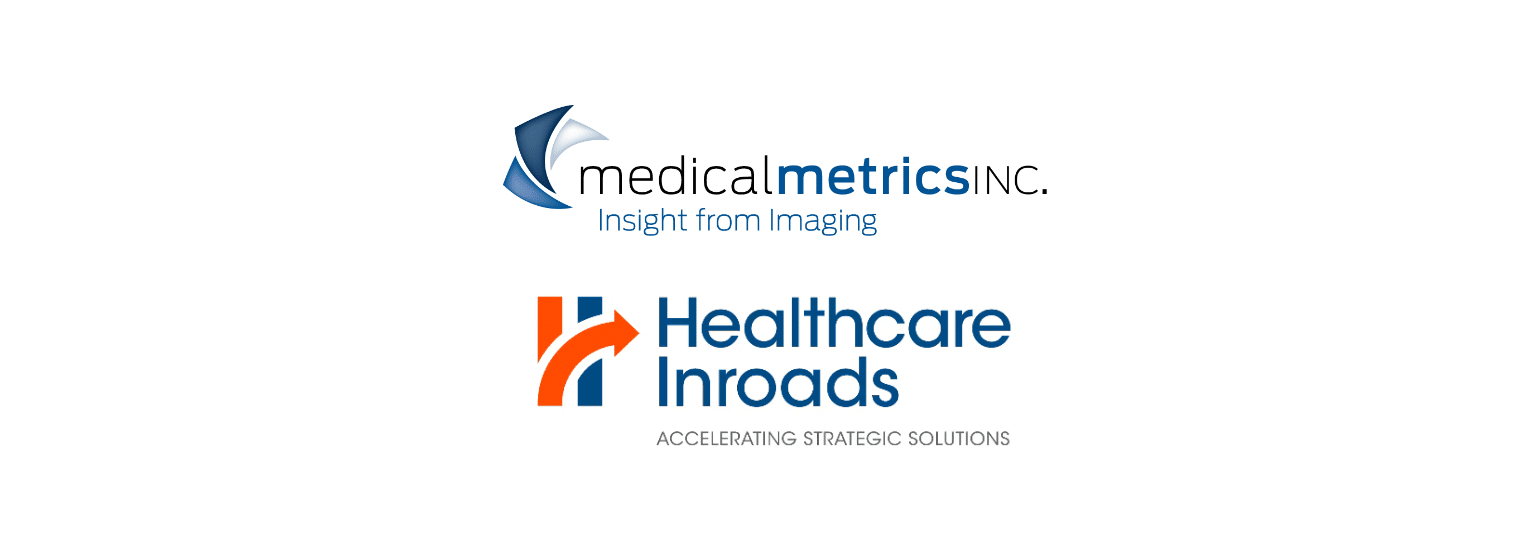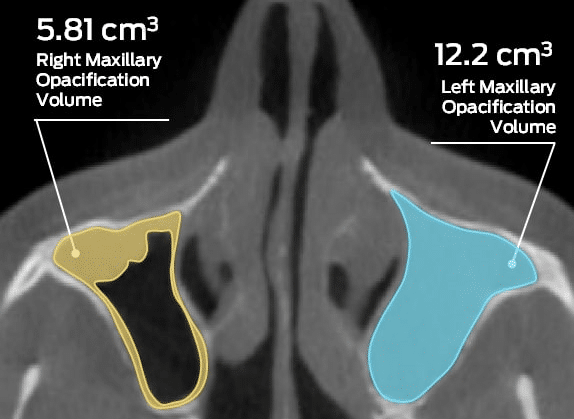America’s Health Insurance Plans, a trade group, recently penned a letter to Senator Bob Casey (D-Pa.) that expressed concern over “regulatory gaps” that could potentially impact patient health. The group is calling for a tougher approval pathway, in addition to improved tracking of medical devices currently on the market.
The group referenced devices approved through the 510(k) pathway that were used for years before it was discovered that they demonstrated a significant potential health risk. The FDA’s 510(k) approval process normally does not involve a clinical trial, which is avoided with the intent to help speed time to market for devices that are thought to pose little threat of harm to patients. Manufacturers simply have to supply proof that the device is substantially similar to an already marketed device.
Now, America’s Health Insurance Plans has joined a number of other organizations, including the Institute of Medicine, in criticizing the 510(k) pathway. However, medical device trade groups have pushed back against this argument.
“FDA’s 510(k) review process for low- and moderate-risk medical technologies has a proven safety record and allows the agency to conduct a thorough review of the safety and effectiveness of these products in a timely fashion that facilitates patient access to needed medical advancements,” Steve Ubl, president and chief executive of the Advanced Medical Technology Association, wrote in a letter responding to America’s Health Insurance Plans.
For high-risk devices that do not qualify for the controversial 510(k) pathway, or for manufacturers that want to ensure the safety and efficacy of their device, consider retaining expert medical imaging services. Clinical trial imaging plays a major role in facilitating device approval, and can ensure compliance with FDA regulations.
Latest Industry News
[Press Release] Driving Excellence in Cardiovascular Trials: Medical Metrics, Inc and Healthcare Inroads, LLC Deepen Collaboration
Medical Metrics, Inc. Announces Involvement in ReOpen CRS Clinical Trials




